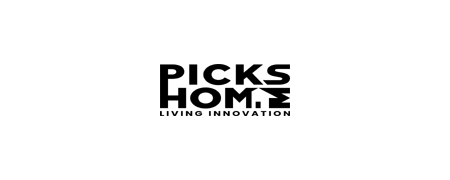What concerns do people have about smart devices?
One of the most typical problems that users of smart devices may face is a lack of network connection. Dropped feeds from smart cameras and smart lights that refuse to turn off in the living room are two examples of inconvenient connection difficulties.
Secure Your Smart Home with These Tips
There is no denying that IoT devices have upped the convenience of tech users’ lives everywhere. But with these technological rewards comes added risk — cybersecurity risk, that is. The more connected devices you have in your home, the more opportunities criminals have to infiltrate your network and reach other data-rich devices.
This can potentially put your private and financial information at risk, not to mention your privacy.
- Secure your Wi-Fi network
- Ensure all account and device passwords are strong and unique
- Do your research
- Enable multi-factor authentication
- Regularly update your devices
- Monitor and secure your network
- Install comprehensive security software.
Smart home devices are becoming increasingly popular as they make it easier to automate tasks like controlling lights, thermostats, and security systems. But with the convenience of these smart devices comes a new issue of privacy concerns. What data is being collected and how is it used? Is our data secure? Let’s take a look at the privacy implications of smart home devices and what we can do to protect ourselves.
Smart home tech offers a variety of features—From voice recognition to automated lighting—that can make life more convenient. However, with all the features available, many people don’t stop to consider how their data might be used or where it goes when they use their devices.
The truth is that with any technology, there is always a risk of surveillance. For example, voice assistants like Amazon Alexa and Google Home have been known to record conversations without users’ knowledge or consent. In addition, some devices have access to cameras that allow them to track user movements in the home. This type of surveillance raises serious concerns about privacy and security.
Fortunately, there are steps you can take to protect your data while still taking advantage of the convenience offered by smart home tech. One way is to use encryption technology such as VPNs or end-to-end encryption services like Signal or Telegram to ensure that your data remains secure while being transmitted over the internet. Additionally, you can limit the amount of information you share with your device by only using the services you need and disabling those you don’t use. Finally, be sure to read up on each device before you purchase it so that you know exactly what type of data will be collected and how it will be used.
Conclusion: As smart home technology becomes more popular, so does the potential for surveillance and privacy concerns. While this type of technology offers many conveniences for its users, it is important to remember that our data must remain secure in order for us to truly enjoy its benefits. Taking steps such as using encryption technology and limiting what information we share can help us protect our personal information from prying eyes while still taking advantage of all that smart home tech has to offer!


